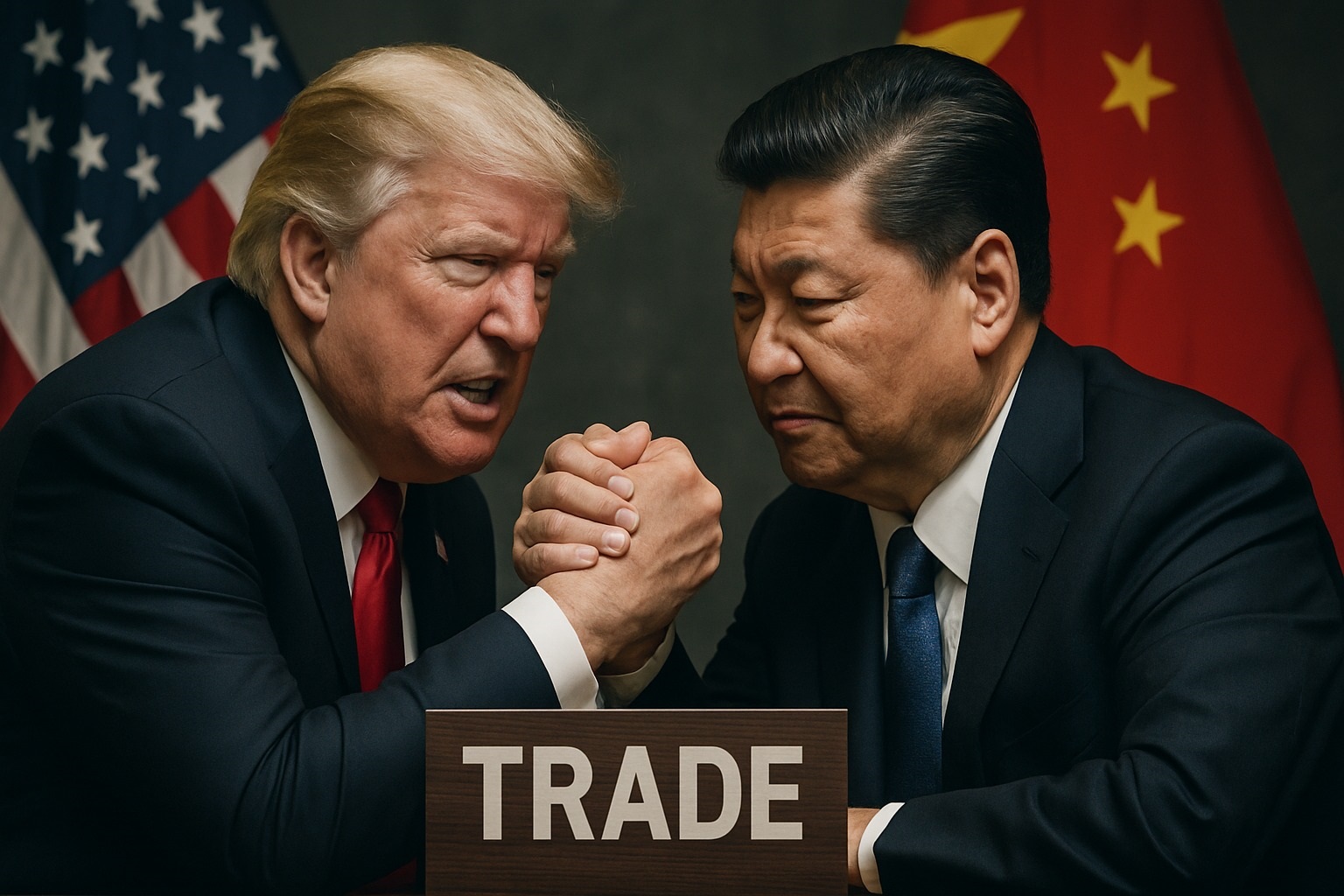Traditionally, US presidential elections have been centred on "bread and butter" issues. Issues such as inflation and cost of living have been the major debates. It has long been an accepted fact that issues about domestic issues dictate voter behavior, often eclipsing foreign policy.
As the oft-paraphrased - and somewhat derisively referred to - suggestion of a political advisor on Bill Clinton's 1992 campaign famously said, "It's the economy, stupid." But the 2024 election thus far bespeaks an unusual politically charged atmosphere whereby international policy could serve as the deciding factor for voters in determining who ultimately will occupy the White House between former President Donald Trump and Vice President Kamala Harris in this highly contested election.
Changing tides
While economic issues still appear to be the most pressing at least for now, with recent polling foreign policy has also emerged as a strong concern to American voters. A September survey by the Pew Research Center reported that 62 percent of voters said foreign policy was very important; strikingly, 70 percent of Trump supporters and 54 percent of Harris supporters labeled this a priority issue. This is remarkable, especially in light of continuing international conflicts that have sucked the United States into complex geopolitics.
The war in Ukraine and rising tensions in the Middle East provide the topical background through which foreign policy fits with domestic sentiment. Immigration and climate-related issues, frequently associated with international relationships, weigh heavily on voters' minds as well. As scholar of Middle East politics and U.S. foreign policy Gregory Aftandilian has noted, the positions that candidates take with respect to these global crises are likely to define the battleground states.
Enduring myth
Over the past thirty years, that story that foreign policy is largely irrelevant to presidential elections has gained pace. Historically, polls maintained from the end of World War II until the end of the Cold War that Americans regularly placed foreign policy toward the top of their agenda—between 30 and 60 percent of voters declared it an important issue or one of a few they would concentrate upon in making up their minds about whom to vote for. Since then, that number has plummeted, sometimes to as low as 5 percent.
Even after the September 11 attacks, when the U.S. was conducting aggressive military activities in Iraq and Afghanistan, the trend went on unabated. The two wars involved huge costs in both rupees and human beings, but foreign policy became not even a scorching election issue. For example, the re-election of George W. Bush in 2004 was to a large extent due to being portrayed as a decisive leader after the 9/11 attacks, when, for example, he had then become unpopular because of the Iraq War.
Applicants typically do this by finding balance where the conflicting desire to be military strength is weighed against a public sector's aversion to foreign policy intervention. Historical demonstrations reflect this point; for example, Lyndon Johnson's escalatory rhetoric upon Vietnam during the election campaign of 1964 was a political exercise in displaying strength despite voters' and the public's discontent over military involvement.
The Gaza conflict
Incumbents Harris and Trump are navigating a very textured landscape in this election cycle against the backdrop of the Israel-Hamas conflict. "As tensions escalate in the region," noted scholar of the Institute for Social Policy and Understanding Dalia Mogahed writes, "how the American public reacts to U.S. foreign policy, particularly as regards its stance on Israel, could make or break electoral prospects." Mogahed speculates that if Harris loses the swing states it is because Muslim voters there are disillusioned with her position on Gaza.
Survey data indicate that Muslim Americans have dramatically reduced their support for Harris, from 65 percent who supported Biden in 2020 to only 12 percent who reported their willingness to support Harris now. This means the growing saliency of foreign policy in the electoral calculus-the handling of the Gaza crisis might very well become a protest vote that swings the election's outcome.
Interconnectedness of issues
Implications cut across far more than Muslim or Arab American communities; the implications of foreign policy do, in fact echo resonantly across demographics. Young voters and marginalized communities have felt that foreign conflicts directly impact the domestic issues they face-from health care to economic inequality. This was reflected by Rasha Mubarak, a community organizer in Florida, who stated, "American voters will connect the spending by the U.S. military abroad with their everyday struggles.". The human cost of conflict, strongly underlined by devastating casualties in Gaza, only deepens the complexities of voter emotions.
Under these conditions, foreign policy matters less as a distant abstraction and more as a pressing concern at home. Voters will be forced to consider the ways in which the U.S. dollars spent overseas in international disputes might be better spent at home in their own backyard. Such enhanced awareness portends an election resolved on something more than an economic calculus, where voters are forced to ponder the implications of their choices both at home and in the wider world.
As the 2024 presidential election draws closer, foreign policy takes center stage with greater moment than in previous cycles. Even though, historically speaking, economic issues constitute the traditional defining feature of electoral landscapes, the current geopolitical scene-a drawn-out war and growing public disillusionment-is likely to upset this balance. Approaches toward international crises such as the Israel-Palestine conflict will thus represent an ideal litmus test toward voter support for candidates in what is considered a highly competitive election.
In a political environment characterized by marginalities, it is quite possible that foreign policy could tilt the balance in favor of one candidate over and above another. Whether or not the electorate is now becoming increasingly involved with the implications of U.S. foreign actions is anyone's guess how it will matter in the final vote. The choices being made are not simply about electing a leader; this is the direction of a nation grappling with both domestic challenges and international responsibilities.


























